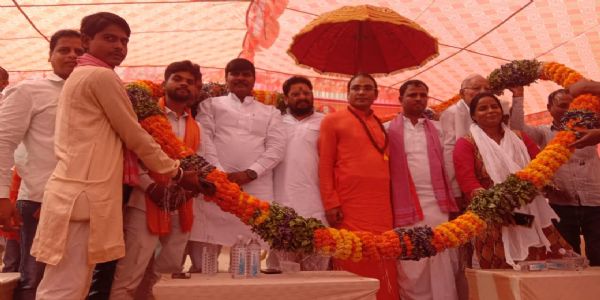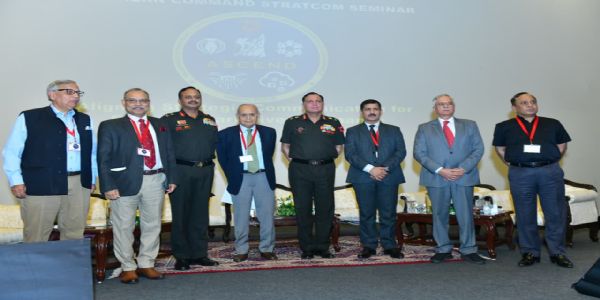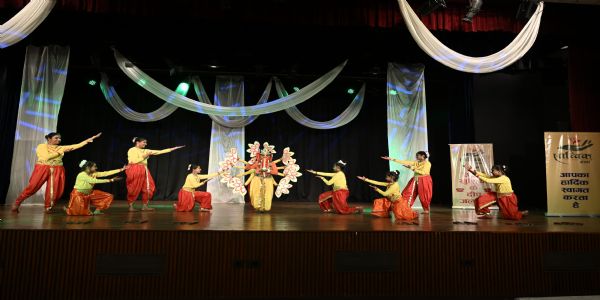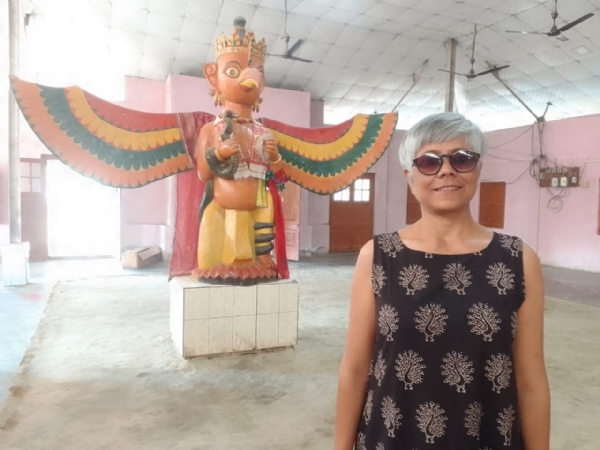
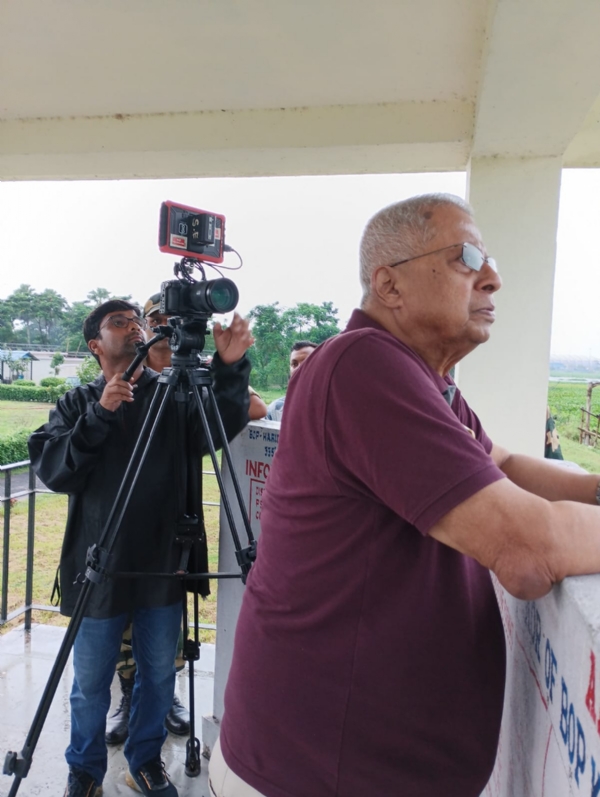
Kolkata, 12 October (H.S.) — After the controversies surrounding films like Kesari 2 and The Bengal Files, accused of distorting Bengal’s history and hurting Bengali identity, a new cinematic project is set to explore a different narrative. The upcoming film Sharanarthi – The Refugees, directed by acclaimed documentary filmmaker Sangeeta Datta, will delve into the human tragedy of partition and forced displacement of Bengali Hindus from East Bengal.
The film is based on the noted author and former Tripura and Meghalaya Governor Tathagata Roy’s book My People Uprooted, which documents the religious, political, and ethnographic dimensions of India’s partition and the resulting refugee crisis. Roy himself will portray a key character in the film.
According to Datta, the story follows three main characters — Tathagata Roy, Janmajit Ray, a Bengali-speaking resident of Assam who has worked extensively with Hindu Bengali refugees, and Dinu Das, a descendant of a family that fled from East Pakistan. The trio embarks on a journey tracing the emotional and historical scars left by the Radcliffe Line.
------
Film Made Amid Financial Constraints
The production of Sharanarthi is being undertaken with limited financial resources. Datta has reportedly taken a personal loan from a bank, while Roy’s friends have also extended support. The project began in 2022, with nearly ₹10 lakh spent so far — only about 12–14% of the work has been completed. Datta hopes to finish the film by mid-2026, provided adequate funding is secured.
A physics graduate, Sangeeta Datta completed her post-graduation in theatre from Rabindra Bharati University in 1991. She worked as an assistant director and actor in the National Award-winning Odia film Nirbachan (1994), produced by NFDC. Over the years, she has created several acclaimed documentaries for the Ministry of Culture, Sahitya Akademi, and the Indira Gandhi National Centre for the Arts, focusing on tribal life and culture.
She received the Senior Research Fellowship from the Ministry of Culture in 2016, and in 2023, her research work was recognised by the Royal Anthropological Institute, London.
-------
A Deeply Researched Historical Work
Datta explained that the film is not limited to the tragedy of one community but is a broader ethnographic exploration of identity, displacement, and faith. For the project, she conducted extensive field studies across West Bengal, Assam, and Tripura.
The narrative also includes historical reconstructions — from Bakhtiyar Khilji’s invasion of Bengal in the 13th century and the destruction of Nalanda University, to the forced conversions of Buddhist monks and tribal groups in Assam.
Datta’s personal connection to the story adds depth to the project. Her grandparents were originally from Dhaka and Chandpur before migrating to Kolkata during the partition. Her grandfather, Manindra Kumar Datta, was associated with the legendary New Theatres production house and contributed to classic Bengali films like Sathi and Doctor. “Cinema runs in my blood,” she said. “Growing up listening to stories of Dhaka and Kolkata shaped my artistic journey.”
--------
Scholarly Foundations
The script of Sharanarthi draws heavily from Tathagata Roy’s My People Uprooted, Sir Jadunath Sarkar’s History of Bengal – The Muslim Period (Vol. II), and William van Schendel’s The Bengal Borderland from the University of Amsterdam. The film will also feature real-life testimonies from partition survivors such as Rabindranath Dutta, Shyamalesh Das, and Ranjit Kar.
The multilingual project is being filmed in Bengali and Assamese, with English subtitles for global audiences.
--------
Awaiting Institutional Support
Datta has sought funding assistance from NFDC and the Ministry of Information and Broadcasting. A short preview of the film was screened at the “Waves Bazaar” event in Mumbai to attract potential investors. Support has also been extended by West Bengal BJP president Shamik Bhattacharya and Assam Chief Minister Himanta Biswa Sarma.
-------
Aiming to Chronicle a Community’s Journey
Commenting on the film’s intent amid the recent controversy over The Bengal Files, Datta said, “I am not a political person; I am a researcher of history. My goal is to document the partition and the displacement of Bengali Hindus through a national and humanistic lens. Sharanarthi is an experimental narrative built on real lives, collective memories, and historical truth.”
Hindusthan Samachar / Satya Prakash Singh





